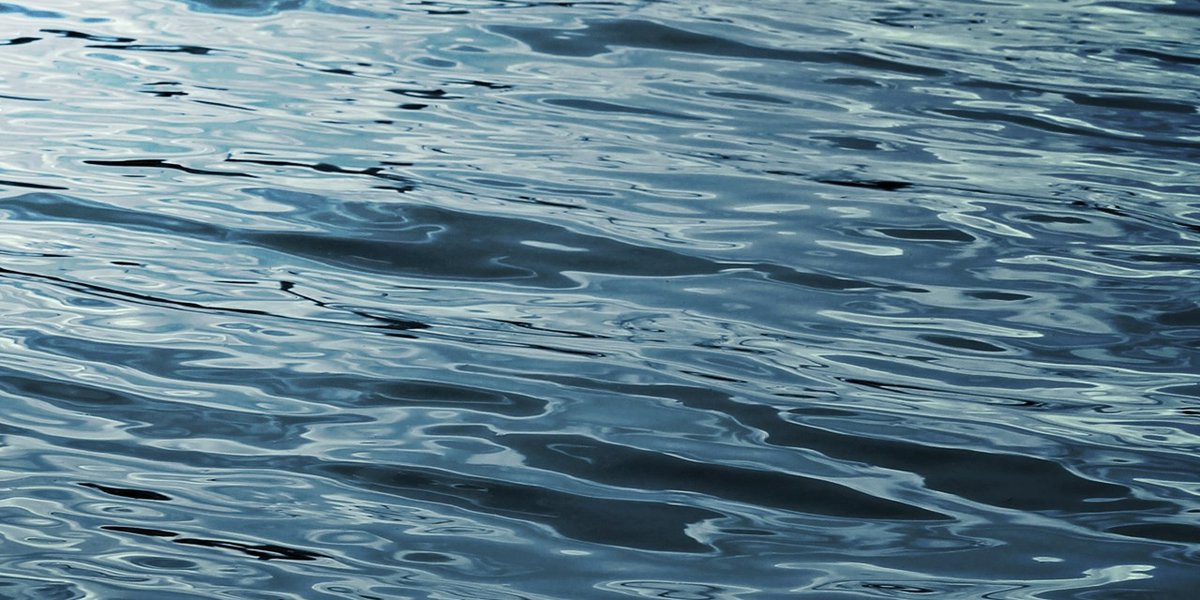Infection
NCDHHS cautions public after three deaths due to Vibrio infections
RALEIGH, N.C. (WECT) – The N.C. Department of Human Services is cautioning the public about having open wounds or cuts in saltwater or brackish water due to reports of three deaths from Vibrio infections in the state this year.
“Vibrio are bacteria that normally live in warm seawater or brackish water (mixed salt and fresh water, as is found in an estuary or salt marsh) and can be found worldwide. Since they are naturally found in warm waters, people with open wounds, cuts or scratches can be exposed to these bacteria through direct contact with seawater or brackish water. Vibrio can also cause disease in those who eat raw or undercooked oysters and shellfish,” a NCDHHS announcement states.
The department notes that cases in North Carolina are rare, with most being reported from June to September, but they can cause severe illness. Eight of 57 reported cases among North Carolinians since 2019 have been fatal.
Some tips for avoiding exposure and infection include:
- If you have a wound (including from a recent surgery, piercing or tattoo), stay out of saltwater or brackish water, if possible. This includes wading at the beach.
- Cover your wound with a waterproof bandage if it could come into contact with saltwater, brackish water or raw or undercooked seafood.
- If you sustain any type of wound while in salt or brackish water (e.g., cutting your hand on a boat propeller or crab pot) immediately get out of the water and wash with soap and water.
- Wash wounds and cuts thoroughly with soap and water after contact with saltwater, brackish water or raw seafood.
- Thoroughly cook all shellfish to an internal temperature of at least 145 degrees Fahrenheit for 15 seconds, according to the U.S. Department of Agriculture.
DHHS says that no links have been identified between the cases or the areas where they were exposed to Vibrio.
“While healthy individuals typically develop mild illness, Vibrio infections can be severe or life threatening for people with weakened immune systems or chronic liver disease. If you start to see signs of a skin infection after contact with brackish waters or seawater, you should contact your health care provider. Other symptoms can include diarrhea, stomach pain, vomiting, nausea, fever and chills,” the announcement continues.
You can learn more on the NCDHHS website.
Copyright 2023 WECT. All rights reserved.

